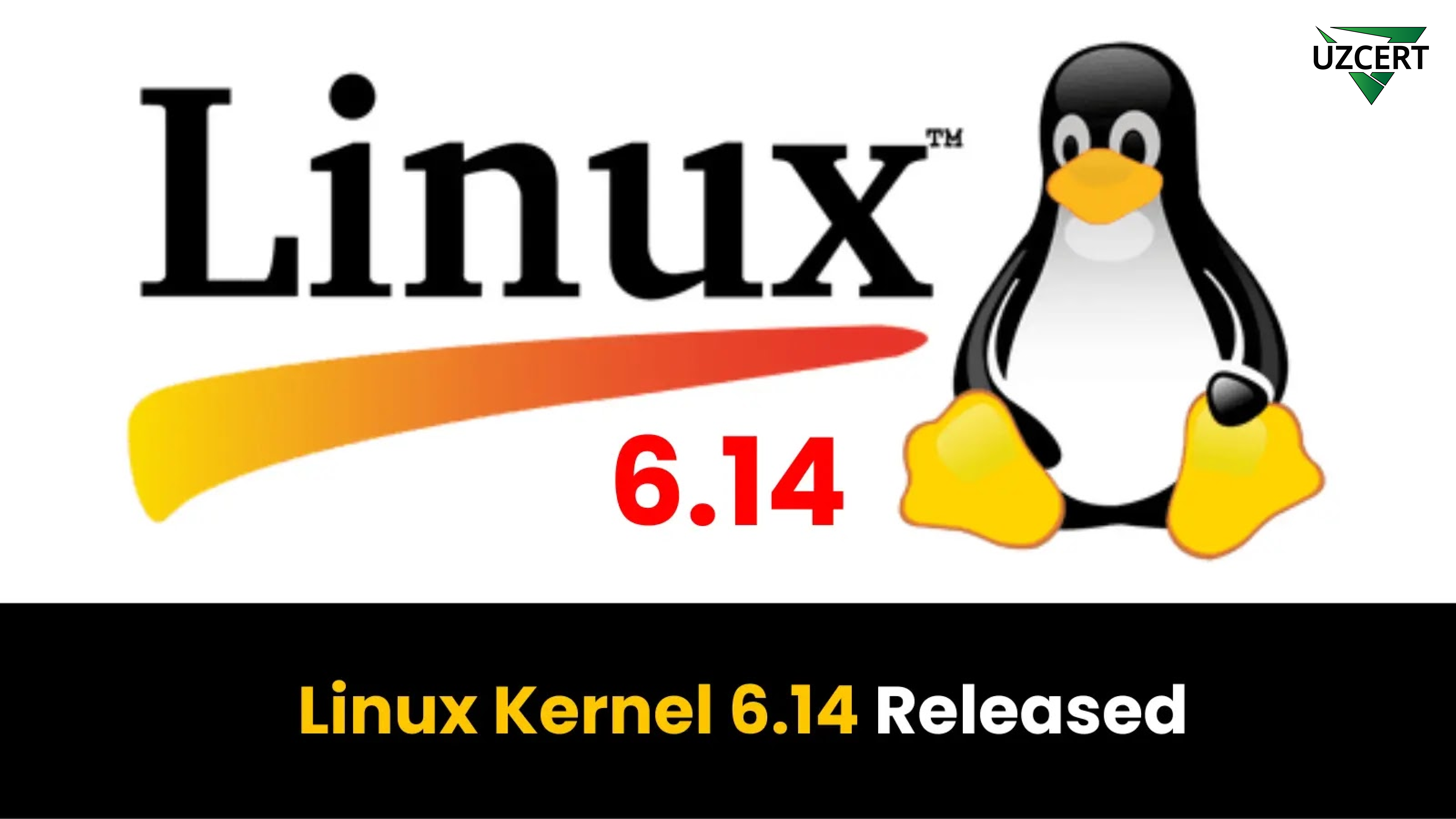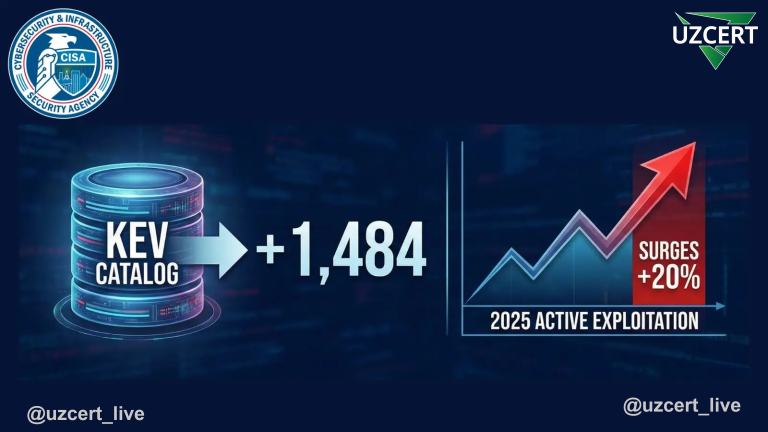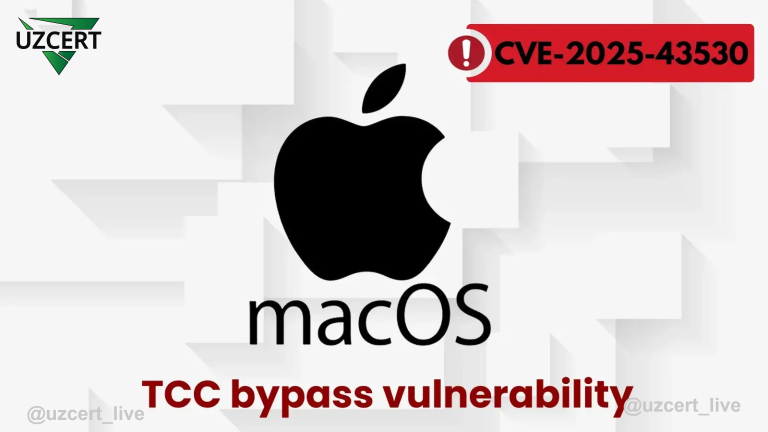
Linux Kernel 6.14 Officially Released with New Features and Improvements
On March 24, 2025, Linus Torvalds officially announced the release of Linux Kernel 6.14. This latest stable update of the open-source operating system kernel introduces numerous new features, enhancements, and security updates. It is expected to serve as the foundation for upcoming Linux distributions like Ubuntu 25.04 and Fedora 42.
In Linux 6.14, the NTSYNC driver has been fully implemented, significantly improving gaming performance on Linux. This driver emulates Windows NT synchronization primitives within the Linux kernel, reducing overhead for Windows games running via Wine or Valve’s Steam Play (Proton). As the documentation explains: “ntsync is a support driver for emulation of NT synchronization primitives by user-space NT emulators… it exists because implementation in user-space, using existing tools, cannot match Windows performance while offering accurate semantics.”
For AMD users, the new AMDXDNA driver introduces official support for Neural Processing Units (NPUs) based on AMD’s XDNA architecture. This enables efficient execution of machine learning applications, including convolutional neural networks and large language models, directly on AMD hardware.
The Btrfs filesystem now features new RAID1 read balancing methods, allowing users to choose between “rotation”, “latency”, and “devid” approaches depending on their hardware configuration and workload. This optimization enhances storage system performance.
Support for uncached buffered I/O has been introduced, allowing data pages to be dropped from the page cache immediately after read/write operations. This is particularly useful for systems with high-speed storage devices, optimizing memory usage.
The fsnotify system has been enhanced with a new FS_PRE_ACCESS event, which triggers before file content is accessed. This feature enables on-demand file loading from slow storage devices and improves access control mechanisms.
For users relying on GPU-accelerated computing, dmem cgroup now offers better control over GPU memory resources, preventing unexpected workload terminations.
Other Key Improvements
- FUSE and io_uring Integration – FUSE now supports io_uring-based communication, reducing context switches and improving performance.
- XFS and Realtime Devices – XFS filesystem now supports reflink and reverse mapping (reverse-mapping) for realtime devices.
- NFSv4.2+ and Attribute Delegation – NFSv4.2+ now supports attribute delegation, allowing clients to manage file modification time (mtime) locally.
- x86 TLB Flushing Optimizations – Improved scalability of TLB flushing in the x86 architecture enhances performance on heavily loaded systems.
- Security Enhancements – New mitigations have been added to defend against speculative CPU attacks, and kernel lockdown mechanisms have been improved.
Additionally, Linux 6.14 marks significant progress in adopting the Rust programming language for kernel development. This step helps make the Linux kernel more secure and reliable for the future.



